
New President Emmerson Mnangagwa pledges he wants growth and jobs in Zimbabwe. (Image source: UN Geneva/ Jean-Marc Ferré)
The new President Emmerson Mnangagwa has pledged: "We want to grow our economy, we want peace, we want jobs, jobs, jobs.” Fundamentals for growth remain strong provided the government could tackle political fragilities and foster nation building around inclusive and competitive investment policies.
A potentially vibrant economy, however, is now a regional basket case – suffering from decades of economic contraction due to external shocks and poor governance. GDP growth averaged paltry 0.3 per cent/year over 2000-2016, according to the World Bank, while exports plummeted – resulting in acute forex shortages. Domestic crises of 2000-08 nearly halved GDP, the sharpest contraction in a peacetime economy. This raised poverty rates to above 72 per cent, and left a fifth of Zimbabweans in extreme poverty. Public services (health/education) – once regional models – largely collapsed, and the Human Development Index (HDI) in 2016 stood at 154 out of 188 countries. Zimbabwe lags behind several of its Millennium Development Goals (MDGs). Some estimates put jobless rate at 90 per cent – mostly among the youths.
The agricultural sector plunged by 4.2 per cent/year over 2000-16 (World Bank data) after disastrous land reforms. In 2009, Mr Mugabe signed the Indigenisation and Economic Empowerment Act (IEEA) into law, which stipulated that Black Zimbabweans (mostly political elites) must own 51 per cent equity in companies. The old Zimbabwean dollar was killed-off by hyperinflation. The central bank figures showed annual inflation peaked at 80 billion per cent in mid-November 2008. Subsequently, Zimbabwe adopted a multicurrency regime, or dollarization to facilitate business transactions.
The IMF has urged Zimbabwe must act quickly to dig its economy out of a hole and access development aid.
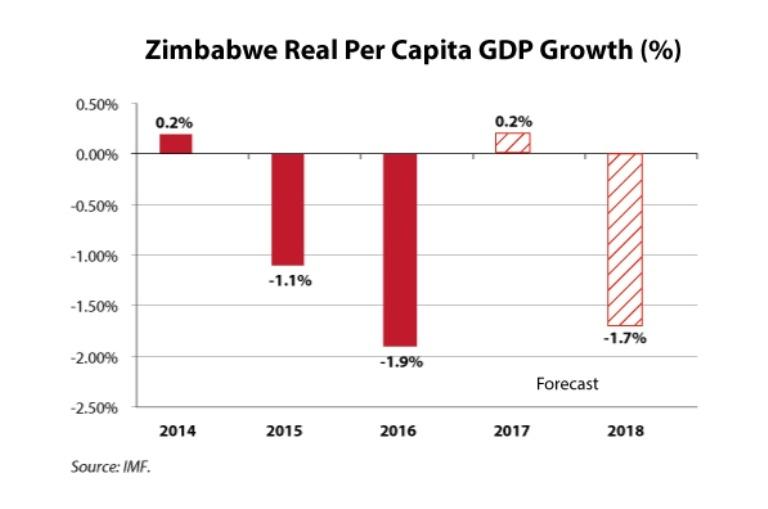 These are five ways towards rehabilitation:
These are five ways towards rehabilitation:
*Protracted isolation from the Bretton Woods Institutions blocked aid flows – resulting in a build-up of arrears to multilateral and bilateral lenders. Debt rescheduling on US$9bn of external debt is contingent on policy reforms. "Immediate action is critical to reduce the deficit to a sustainable level, accelerate structural reforms, and re-engage with the international community to access much needed financial support," said IMF mission chief Gene Leon.
*Higher foreign direct investment (FDI) inflows and technological transfers.
In 1980, Zimbabwe had among highest FDI stock in Africa. Inefficient/opaque state bureaucracies have stymied investment. Rejoining the Commonwealth would revive Australian, British and Canadian investors’ confidence. Presently, China provides the bulk of FDI, mostly in the mining sector.
*Fostering right conditions for small-medium sized enterprises (SMEs) – engine of job creation and poverty reduction. On World Bank’s Doing Business 2018 report, Zimbabwe was ranked 159th out of 190 countries.
*Revitalising commercial farms – probably with the help of evicted white farmers. Zimbabwe was the world’s largest tobacco exporter and breadbasket of southern Africa during the eighties.
*Re-introducing a national currency underpinned by prudent macro-policies and adequate forex reserves, above
three-month import cover. IMF estimations indicate Zimbabwe has only two-week of imports’ worth of reserves.
Zimbabwe boasts unparallel mineral resources, rich/fertile land, existing stock of public infrastructure, and relatively skilled workforce. “Realizing this will require prompt action to correct fiscal policies, re-stabilize the monetary system, and resolve arrears to international lenders that would allow for a resumption of development financing. It will also require the renewal of capacity in the public sector, and investment reforms,” advised the World Bank. It would take concerted efforts to put Zimbabwe on the path of sustainable development.
Medium-term prospects largely depend on the outcome of 2018 elections.
By economist, Moin Siddiqi
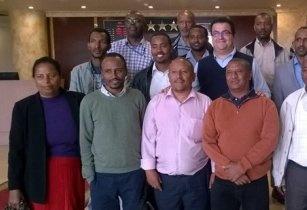






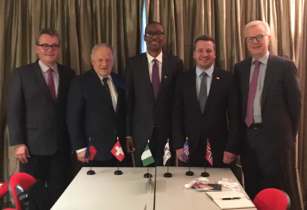
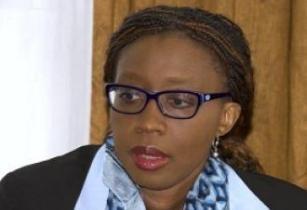
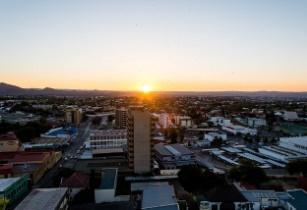

 These are five ways towards rehabilitation:
These are five ways towards rehabilitation:













